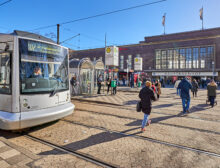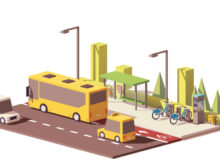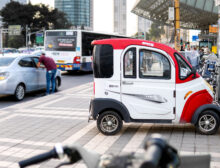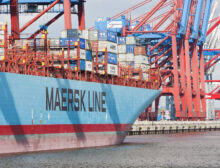Featured Story
Move Fast and Control Things: China’s Global AI Expansion Requires a Bold Policy Response
The stakes are clear: Setting global standards will not only shape the future of AI but the principles embedded in its use. Chinese transportation AI exports bring governance models that emphasize centralized control and broad state access to data. For the United States, that raises concerns about privacy, transparency, and market openness in the global transportation system. The White House’s AI Action Plan outlines steps to address these risks, from accelerating deployment and streamlining regulatory approvals to expanding exports of trustworthy, safety-focused AI technologies.
READ MORE














Subscribe